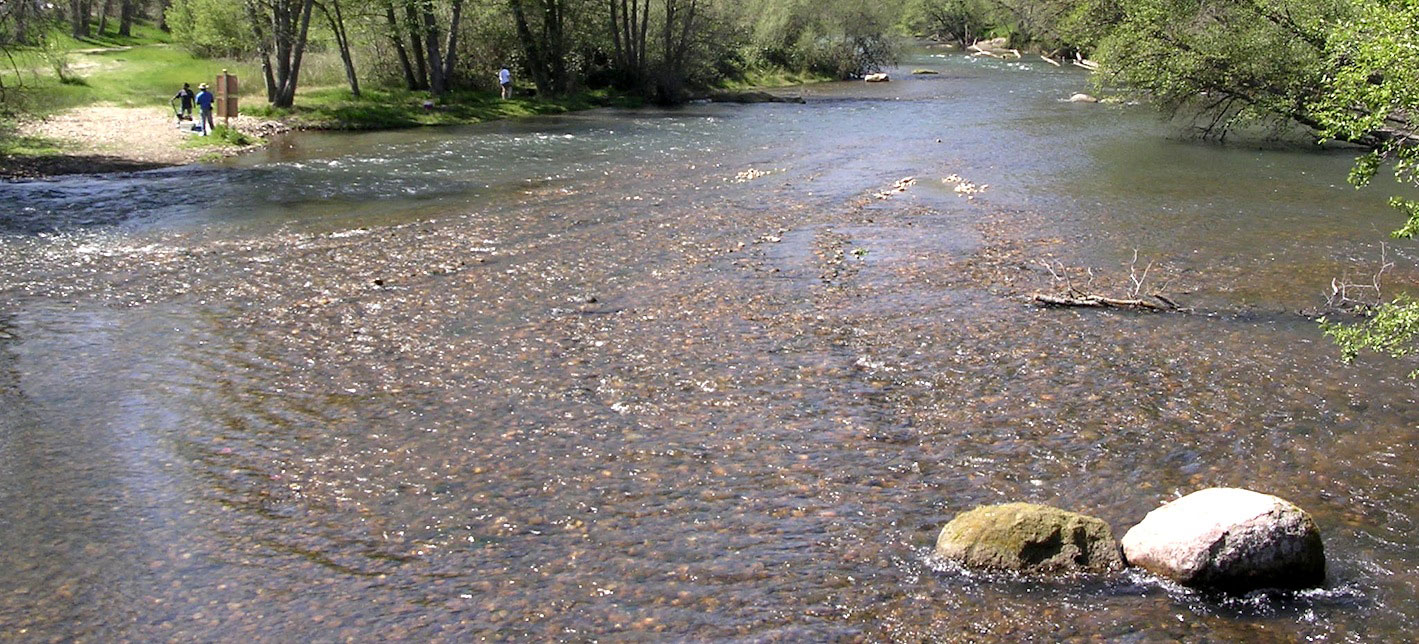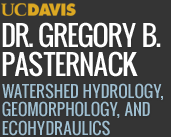Movie Logs
Due: Wednesdays at 5:10 pm (start of class).
What is a Movie Log?
Each week there is an online "movie log" assignment in the SAS004 Canvas "Quiz" menu item. These can be done during and after you watch the movie.
A movie log is a series of questions about different elements of the movie. You log your answers to the questions to document that you watched the movie and thought about the curated issues raised by Prof. Pasternack. if you have any questions about a movie log, ask Prof. Pasternack or the course TA.
You can find MS Word (.docx) files for all these assignments in the SAS004 Canvas Files menu item in the "Movie Logs" subfolder. You do not need to print these, as you will enter your answers online via Canvas, but it does help to read the questions in the MS Word file before you attempt to write out your answers. I recommend you draft your notes in the MS Word file or on a piece of paper first, and then copy your answers into Canvas. I recommend you make notes on the log or a piece of paper during the movie. The movie log includes questions about the readings as well.
When Are Movie Logs Due and How Are They Graded?
Logs are due at the beginning of the main class meeting each week (i.e., Wednesdays at 5:10 pm). Each question in a movie log is worth 3 points and most logs have 4-5 questions, so they tend to be worth 12-15 points. Movie Logs are graded on the basis of coherence of your reasoning only, regardless of what your beliefs are. Each movie log turned in after 5:10 pm will receive a 30% deduction.
How Do I Submit a Movie Log?
Please go to the SAS004 Canvas site, click either Assignments or Quizzes, and you will find a Movie Log assignment for each movie. When you are ready, you go into the assignment and write your answers to each question in the provided text box. It is wise to draft your answers first on paper or using the provided MS Word files, and then later on copy your answers into these online text boxes only when you are certasin they are what you want to submit.
Canvas automatically bars movie log submission after 5:10 pm, because I do not want you working on them during class on the day they are due. If you need to submit a late Movie Log, you must email Prof. Pasternack or the course TA and request that s/he extends the canvas due date/time for you individually so you can submit it late. Each movie log turned in after 5:10 pm will receive a 30% deduction.
What is a Crisis Point Movie Log Question?
The crisis point movie log question is used for a couple movies, the first of which is Aguierre. With this type of question, you take note during the movie screening when a moment arises that you think is a serious crisis in the plot. At that moment, the characters typically face a critical decision. Therefore, you're task is to write down such a crisis point and then you provide a bit of narrative about how you would have handled that crisis. For example, we don't use this type of question for The River, but imagine we did. One crisis point occurred late in the movie when the second flood comes and the father is pushing his kids to work. His wife calls him a stupid farmer who doesn't need any help. He faces a crisis point. He chooses to listen to his wife and call for help. Is that what you would have done? Most time, the crisis point is one in which you don't agree with the choice the character makes. You cannot have a trivial answer like, I would have done exactly what he did." The point is to think about it and write something meaningful.
Why Does This Class Have Movie Log Assignments?
The purpose of the weekly “Movie Log” assignment is to gain experience deconstructing the major elements and themes of a fictional movie. This activity seeks to reveal hidden messages in each movie as well as raise awareness of real issues related to the fictional stories. Finally, the activity helps students engage mindfully in the movie rather than watching as a passive viewer. This type of assignment is common in univewrsity courses that use television and film media to aid with critical thinking.
Finding Answers
Most movie log questions only require you to provide simple lists, so no need to write lots of text. Often the answers to the questions posed below can be found in examples shown in the movie, so it helps to read these questions BEFORE the movie screening and think about them as the movie progresses. If you do not find sufficient answers by watching the movie, you might find more in the readings for the discussion. Finally, you can always do an internet search on the questions. it is possible that generative AI could provide you with answers, and that will not be policed in this course, but if you use this tool, try to engage with it a fair bit on each question to make sure you understand the answer.
No Collaboration or Copying is Permitted
The only thing you MUST NOT do, is copy answers from other people who are taking the class or who have taken the class in the past- this includes no use of any illegal copies of course content posted on the internet. Movie logs are not intended to be challenging, just thought-provoking, so it is worth your time to do them yourself, per the UC Davis Honor Code. Every year I catch people cheating and then they have to go through the campus judicial process, so just ask yourself if it is worth failing the class, being kicked off a sports team, or other consequences, when you could have avoid that through a few minutes work. It’s not worth it.


